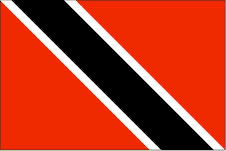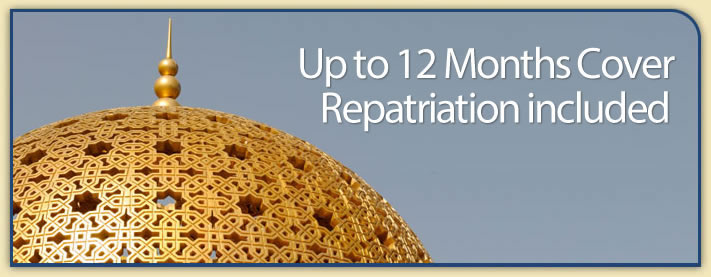Country Guide • Trinidad

Trinidad and Tobago are the two southern most islands of the Lesser Antilles in the Caribbean Sea.
| Official Name | Republic of Trinidad and Tobago |
|---|---|
| Area | 5,128km² (1,980mile²) |
| Population | 1,104,000 |
| Continent | Caribbean/North America |
| Population per mile² | 558 |
| Capital City | Port of Spain |
| Religions | 36% Roman Catholic, 13% Protestant, 23% Hindu's, 6% Muslims |
| Language | English (official), Hindi, French, Spanish |
| Government | Independent republic within the British Commonwealth |
| Currency | Trinidad And Tobago Dollar |
| GDP | $236 million |
| GDP per Head | $2,200 |
| Natural Resources | Fish, fertile soil |
| Land Use | Arable Land 23.61% |
| Agriculture | Cocoa, sugarcane, rice, citrus, coffee, vegetables and poultry |
| Industry | Petroleum, chemicals, tourism, food processing, cement, beverage, cotton textiles |
| Tourism | Trinidad is a densely populated, busy island with a cosmopolitan population. In contrast, Tobago is relaxed, slow-paced and largely undeveloped. Most of Trinidad's attractions -- Port of Spain, the Northern Range and the Caroni Bird Sanctuary are in the northwest section of the island, all within an hour's drive of the airport |
| Natural Hazards | Outside usual path of hurricanes and other tropical storms |
| Health Risks | Dengue fever; a vaccination certificate for yellow fever is required for travellers who have been in any country in the past six months where yellow fever is endemic (eg many South American countries) |
| Climate | Trinidad and Tobago has a tropical climate. The climate is characterised by a dry season from January - May and a wet season from June - December, with the warmest month July and the coolest January. The wettest months are June through to November and average annual rainfall varies between 100-150 inches depending on the region. Average temperature ranges on the coast are from 24°C to 26°C throughout the year |
| Time | GMT/UTC-4 hours |
| National Days | August 31 - Independence Day |
| Visas | British visitors and citizens of the USA, Canada, and most European Commonwealth countries do not need visas to enter Trinidad and Tobago. Visitors are generally given 90 days to remain in the country but extensions can be obtained from the Passport and Immigration Department, 67 Frederick Street, Port of Spain. Visas are required by citizens of some countries, including Australia, New Zealand, India and Sri Lanka. In most countries, visas are obtained through the British Embassy |
| British Embassy | Embassy Details |
Information Only
The content above is for information purposes only and we have tried to ensure that the information is as accurate as possible. We cannot accept any responsibility for any inconvenience, loss or injury as a result of the information above. You should always check and verify any critical information like visas, health and safety and customs with the relevant authorities before you travel since information can change at any time.



